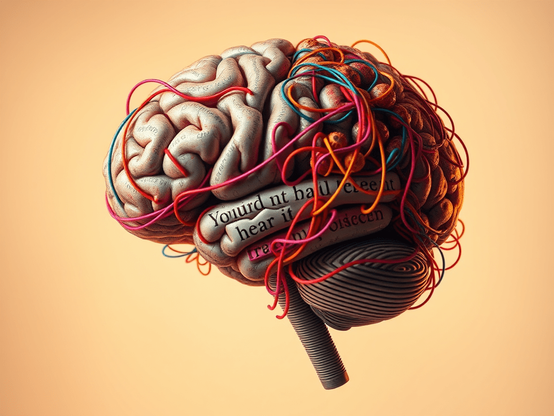Researchers surprised that with AI, toxicity is harder to fake than intelligence - The next time you encounter an unusually polite reply on soc... - https://arstechnica.com/information-technology/2025/11/being-too-nice-online-is-a-dead-giveaway-for-ai-bots-study-suggests/ #computationalturingtest #universityofamsterdam #largelanguagemodels #universityofzurich #machinelearning #dukeuniversity #aisycophancy #generativeai #aialignment #aidetection #emotionalai #socialmedia #aibehavior #gemma


